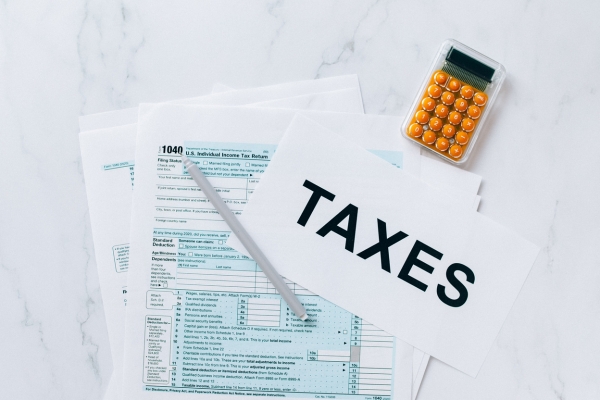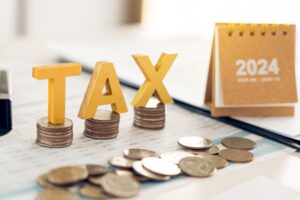Sales tax is a form of indirect tax that is levied on the sale of goods and services. In Pakistan, sales tax is governed by the Sales Tax Act, 1990, which provides the legal framework for the collection and administration of sales tax in the country. In this article, we will provide a comprehensive guide to sales tax in Pakistan, including definitions, rates, exemptions, and registration requirements.
Definition of Sales Tax
Sales tax is a form of indirect tax that is imposed on the sale of goods and services. The tax is typically paid by the end consumer of the product or service, but it is collected and remitted to the government by the seller or service provider.
Sales Tax Rates
In Pakistan, the standard rate of sales tax is 17%. However, there are some goods and services that are subject to different rates of sales tax. For example, the following items are subject to a lower rate of sales tax:
Agricultural inputs and machinery: 5%
Petroleum products: 0%
Printing and publishing: 5%
Computers and software: 5%
Sales Tax Exemptions
There are some goods and services that are exempt from sales tax in Pakistan. These include:
Basic food items, such as rice, wheat, and vegetables
Healthcare services
Education services
Religious services
Government services
Sales Tax Registration
Any person or business that makes taxable supplies of goods and services in Pakistan is required to register for sales tax with the Federal Board of Revenue (FBR). The registration process involves submitting an application along with supporting documents, such as the business registration certificate, national tax number, and bank account details.
Once registered, the business must charge sales tax on all taxable supplies and file monthly or quarterly sales tax returns with the FBR.
Sales Tax Invoicing
When making a taxable sale, the seller must issue a sales tax invoice to the buyer. The invoice must include the following information:
Name, address, and national tax number of the seller
Name, address, and national tax number of the buyer
Date of the transaction
Description and quantity of the goods or services sold
Sales tax rate and amount charged
Total amount of the transaction
Sales Tax Refunds
If a business has paid more sales tax than it has collected, it may be eligible for a sales tax refund. To claim a refund, the business must file a refund application with the FBR and provide supporting documents, such as sales tax invoices and bank statements.
Sales Tax Audits
The FBR has the authority to conduct sales tax audits on businesses to ensure compliance with sales tax laws and regulations. During an audit, the FBR will review the business’s sales tax records and may request additional information or documentation.
If the FBR identifies any non-compliance issues during the audit, the business may be subject to penalties, fines, and other enforcement actions.
In conclusion, sales tax is an important source of revenue for the government of Pakistan. Businesses that make taxable supplies of goods and services must register for sales tax, charge sales tax on all taxable supplies, and file regular sales tax returns. By complying with sales tax laws and regulations, businesses can avoid penalties and fines and contribute to the country’s economic growth.



